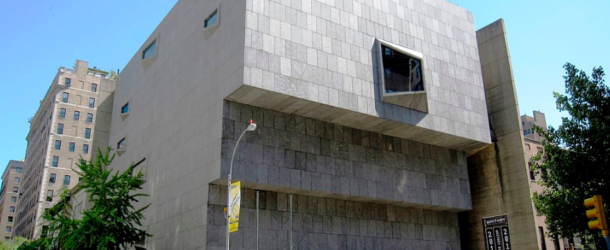When I was first unfortunate enough to encounter Open Casket, I was not quite sure what I was looking at. Then, after finding out it was an image of a disfigured Emmett Till lying in his casket, I was still not sure what to make of it. Dana Schutz, the American artist and creator of Open Casket, depicted Till’s face in the painting as a series of smeared colors: shades of brown, green, and red. This image, a close-up of Till’s bloated corpse after he was so badly beaten, attempts to convey Till’s face and body in the shocking unrecognizable state his murderers left him in.
From as early as elementary school age, I grew up learning of Till and the senseless crime that led to his murder. And as I got older, I never forgot his heart-wrenching story. I vividly remember feeling such intense emotions of rage toward his killers and empathy for Emmett, but most of all, I felt shame and sadness that this heavy degree of racism is a deeply ingrained part of America’s history. So, I found it jarring and incredibly brazen that the artist behind this piece is a white American and the curators behind the show are Asian American.
Schutz’s painting of Emmett Till shocked me. But what I found more surprising was that the curators allowed it to be installed in the 2017 Whitney Biennial, an extremely high-profile exhibition in New York. However, I was not at all surprised to find out about the protests that ensued, particularly those by the black community.
In Censorship, Not the Painting, Must Go: On Dana Schutz’s Image of Emmett Till, Coco Fusco raises the argument that although she believes it is the protestors’ right to voice their outrage about the painting, she does not at all agree that a call for the censorship and destruction of the piece is the appropriate approach in addressing Schutz’s image.
I disagree. It is crucial to recognize that Schutz’s painting is one of many examples of white representation of black suffering in America. Not only is the piece in poor taste, but the curators who found it appropriate to have it installed at the Whitney Biennial are, in my opinion, at more fault than Schutz.
After reading the curators’, Lew and Locks, statement addressing their vision and reasoning behind the showing of Open Casket, I commend their desire to shine a bright light on America’s racist history. I also appreciate their efforts to provide a platform for creative minds to explore the critical and, at times, overlooked issues in this country. If I were the curator of this exhibition, I would not expect the piece to be destroyed, but I would certainly not allow it to be shown. I do believe that all forms of art are meant to spark conversation among people from all walks of life. However, art is not a justifiable outlet for artists to express such racial insensitivity towards subject matter of this magnitude. As an African American, but more importantly as a moral human being who is profoundly aware of the injustices African Americans continue to battle in this country, I would simply find another way to promote awareness about Emmett Till and the countless others who also suffered an untimely fate due to America’s long history of racial intolerance.
Not only do I find no artistic value in the painting, but it also in many ways crosses and blurs the lines between what is considered art and what is a blatant depiction of an all-too-real tragic beating and murder of an African American child. Schutz herself tried to legitimize her decision to paint a work about the brutal killing of a young boy by referring back to her personal identity not as a white person, but as a mother.
“I don’t know what it is like to be black in America, but I do know what it is like to be a mother. Emmett was Mamie Till’s only son. The thought of anything happening to your child is beyond comprehension,” said Schutz.
Being a mother is simply not enough. Racism in America is a highly delicate subject, especially for those who have been and still are oppressed in this country. Yes, in an ideal, utopian world, Schutz would be able to pull inspiration and ideas from anyone’s story, no matter their race. Unfortunately, that is not our reality.
Even after all this time, Emmett Till’s story still brings immense pain to the black community. For Schutz to present Open Casket in such a bold way only reopened old wounds by someone who could not begin to understand what life is like on the other side of racism. Sadly, Schutz must reap the consequences of America’s racist history.


